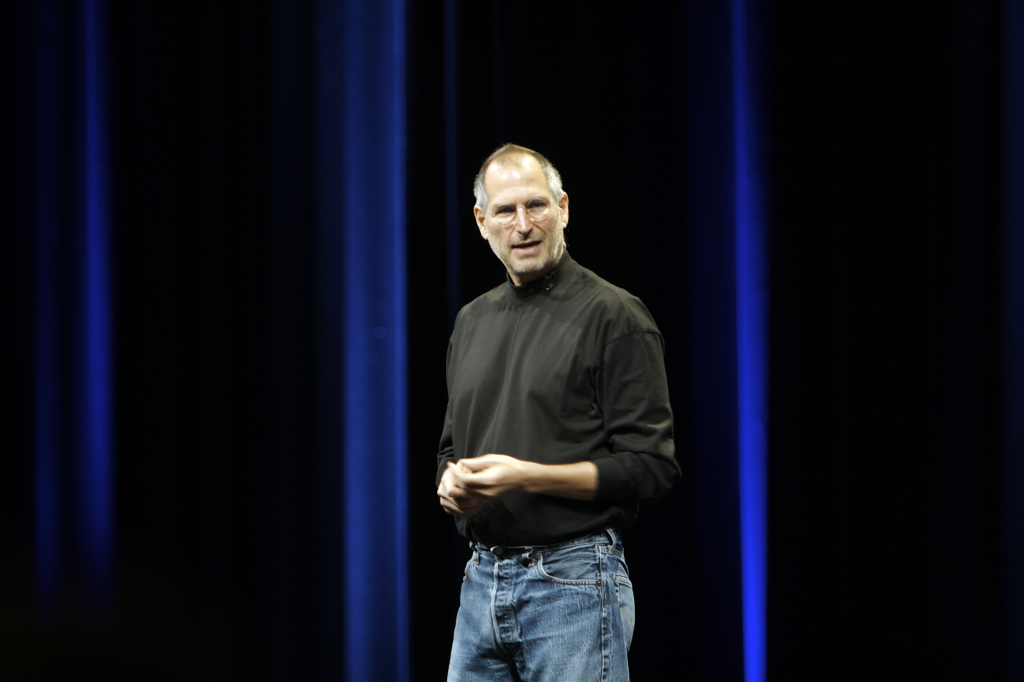
“The arc of the moral universe is long but it bends toward justice.” These words from Martin Luther King, Jr., reflect the core spirit of the most transformative figures within the annals of American history, those who did not simply witness history but helped mold the very course of the nation. The courage, ideas, and resolution of these individuals left behind a mark that guides the country to this very day.
From the founding fathers who framed the constitutional structure of the republic to the modern-day pioneers in technology, art, and equality, these figures represent the ideals-and the complexities-of the American story. The legacies of the people mentioned are not relics of the past but are living forces which continue to shape how the nation thinks, creates, and dreams. The following are eight extraordinary Americans whose impact still resonates today, offering lessons in leadership, resiliency, and the power of vision.
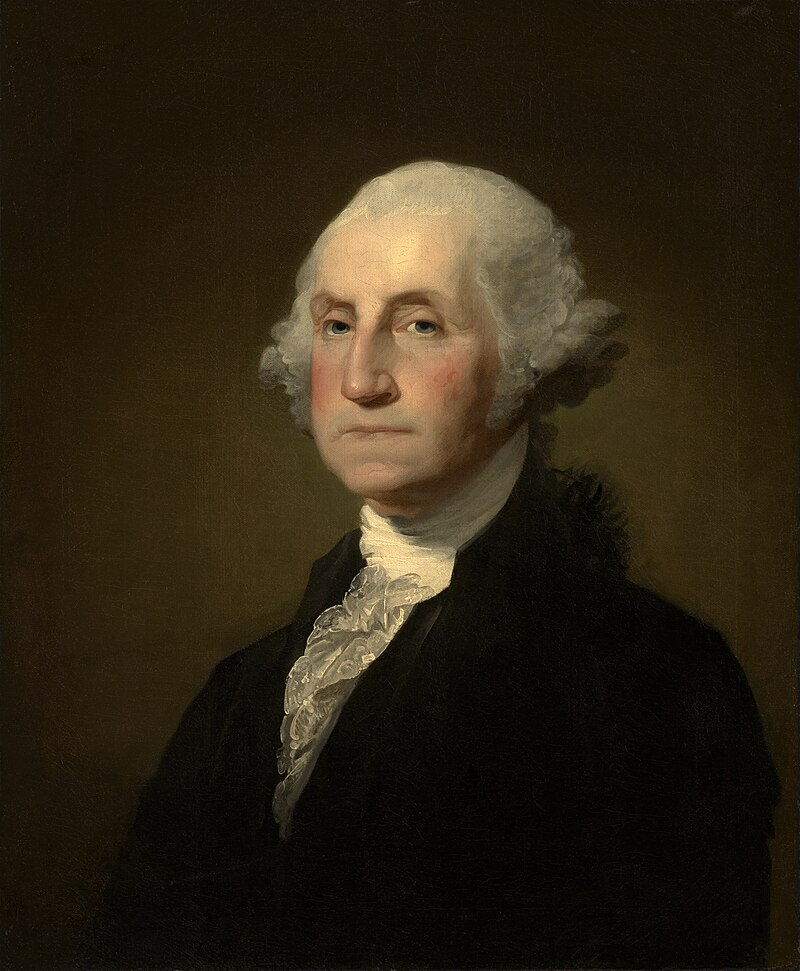
1. George Washington: The Reluctant Power Who Defined the Presidency
His greatness lay not only in leading the Continental Army to victory but in knowing when to step aside. He set enduring precedents as the first president of the United States by establishing a cabinet, restraining himself in the exercise of power, and voluntarily stepping down after two terms. That helped seal the peaceful transfer of power as a hallmark of American democracy. And yet, his legacy is problematic: he freed slaves in his will but also profited from slavery during his lifetime—a contradiction fuelling contentious debate to this day. It is this combination of visionary statecraft with personal flaws that makes Washington both a celebrated figure and one under reevaluation.
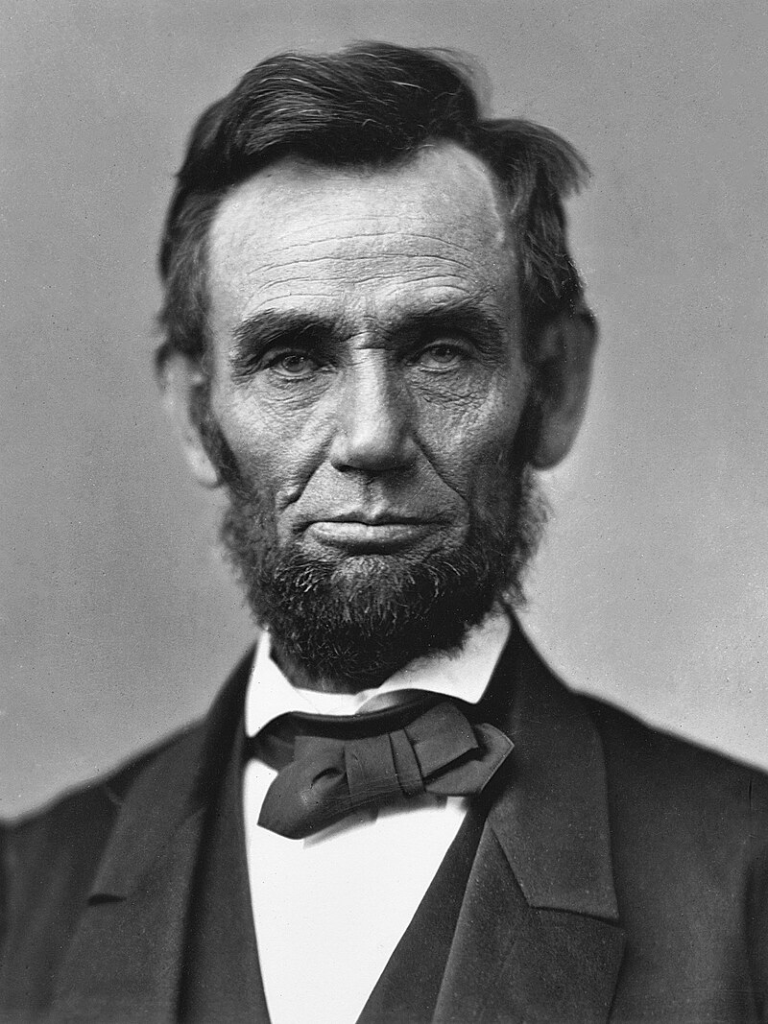
2. Abraham Lincoln: Preserving the Union, Ending Slavery
Born in a Kentucky log cabin, Abraham Lincoln rose from humble origins to lead the nation through its most perilous crisis. His Emancipation Proclamation recast the purpose of the Civil War as a struggle for human liberty, and his leadership preserved the Union when it was most in danger of breaking apart forever. The Gettysburg Address boiled the national purpose down to just 266 words, and it still reminds Americans that democracy is unfinished work. Lincoln’s assassination in 1865 deprived the country of his plans for Reconstruction, but his dream of a “new birth of freedom” remains an enduring moral beacon.
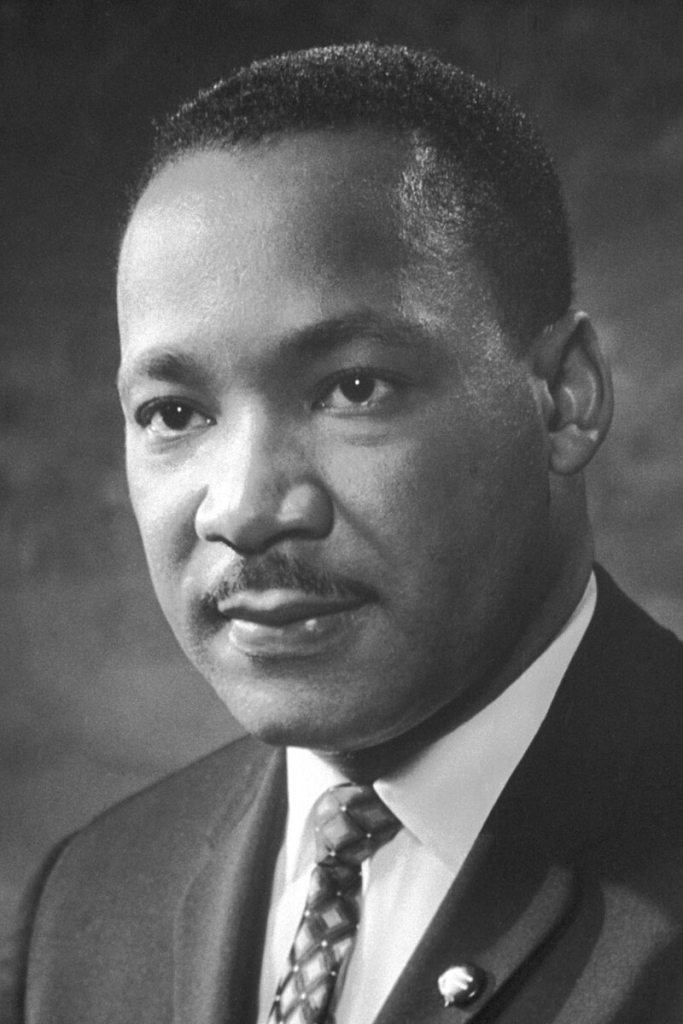
3. Martin Luther King Jr.: Champion of Nonviolent Change
Led by his Christian faith and inspired by Mahatma Gandhi’s satyagraha, Martin Luther King, Jr. mobilized nonviolent protest as a powerful engine for civil rights. From the Montgomery Bus Boycott to the March on Washington, his leadership helped procure the passage of the Civil Rights Act of 1964 and the Voting Rights Act of 1965. King once said, “peace is not merely the absence of some negative force. but the presence of some positive force,” and he pressed America to pursue justice. Many criticized him for not embracing militancy, but King’s firm belief in love as a tool for change has influenced movements around the world.
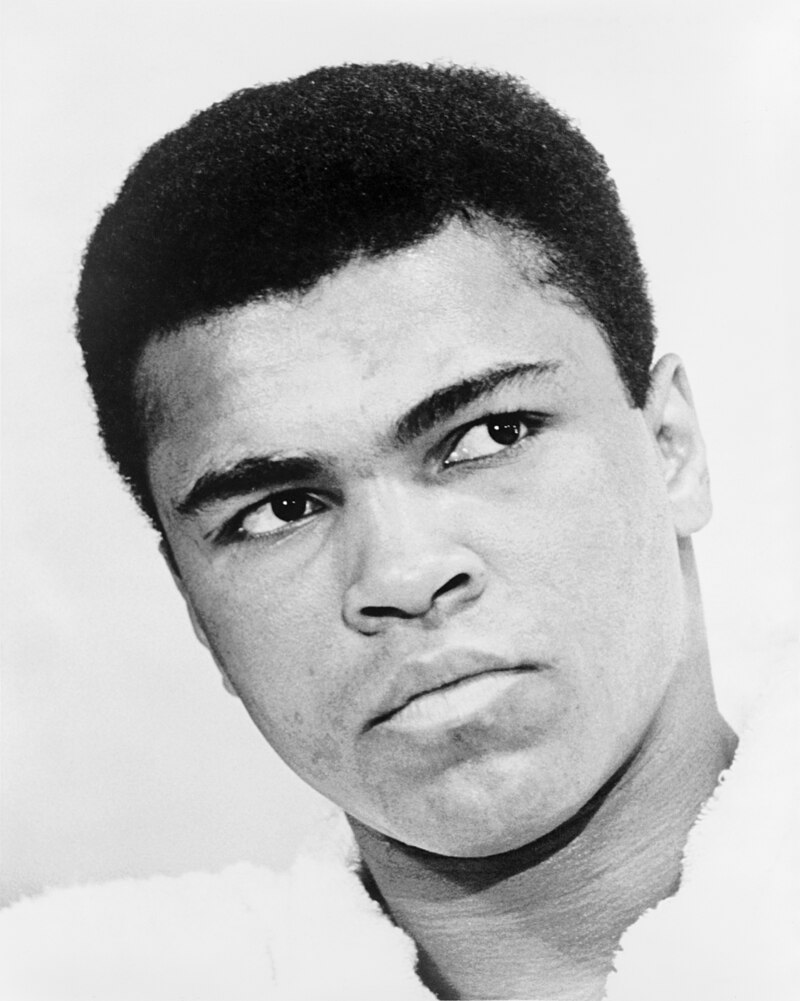
4. Muhammad Ali: The Fighter Who Never Backed Down
Muhammad Ali’s boxing titles made him a legend in the ring, but it was his refusal to be drafted into the Vietnam War that turned him into a symbol of principle. “Muhammad Ali galvanized the Civil Rights Movement,” says civil rights organizer Bob Moses. Ali bridged divides among activists who often disagreed, and he leveraged his celebrity in service of protests, the delivery of aid, and even the freeing of hostages abroad. It cost him years of his career but sealed his place as an international icon of resistance and self-determination.
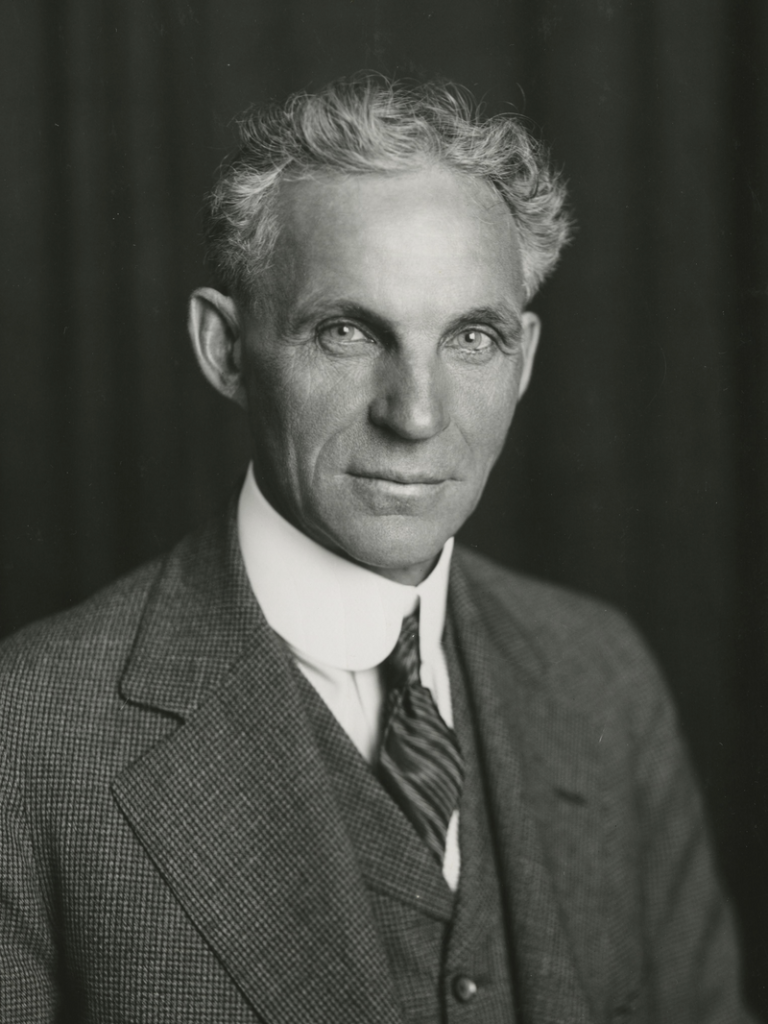
5. Henry Ford: Driving America into the Modern Age
Henry Ford did not invent the car, but he revolutionized production by being the first to introduce the moving assembly line in 1913, through which the time to produce one Model T decreased from over 12 hours to 93 minutes. The efficiency cut prices, placing cars in the reach of the everyday American and fueling the rise of suburbs and a new sense of mobility. His vision of “a motor car for the great multitude” reshaped not just transportation but also the American landscape and economy.
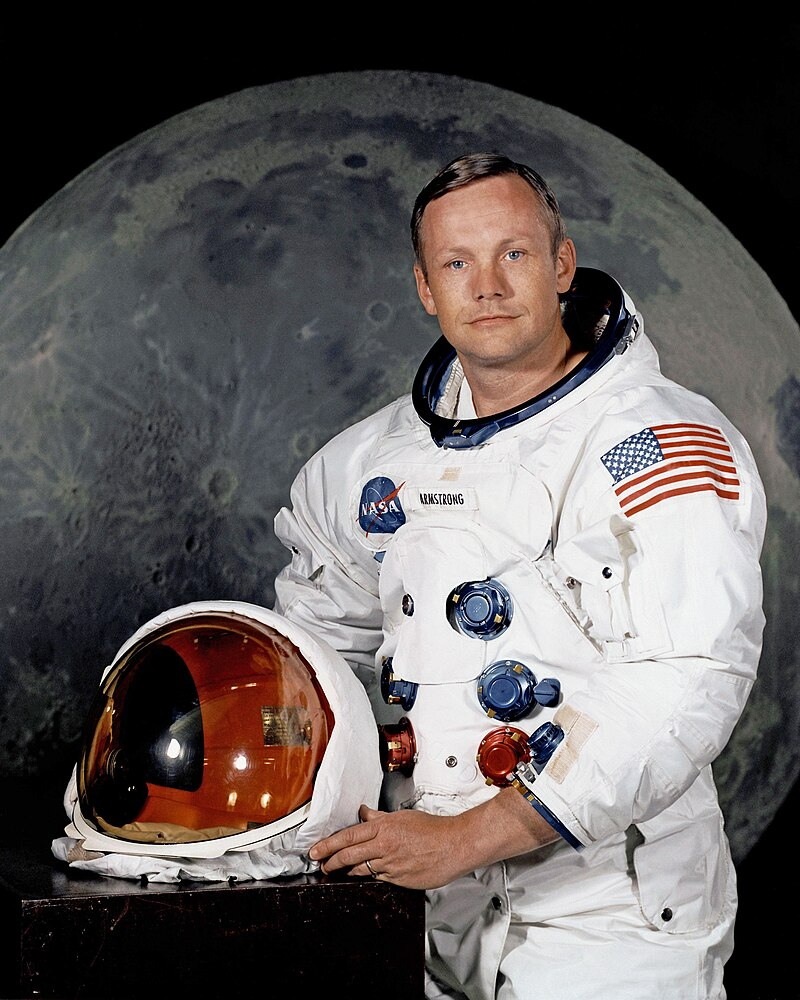
6. Neil Armstrong: One Small Step, One Giant Leap
On July 21, 1969, Neil Armstrong stepped onto the Moon and told 530 million viewers, “That’s one small step for [a] man, one giant leap for mankind.” The Apollo 11 mission was the culmination of a national goal outlined by President Kennedy and a triumph in the Cold War space race. Beyond its symbolism, it drove advances in computing, materials science, and global collaboration. Armstrong’s cool under pressure-manually piloting the lunar module away from a boulder field with just 25 seconds of fuel left-revealed the blend of skill and courage that typified the mission.
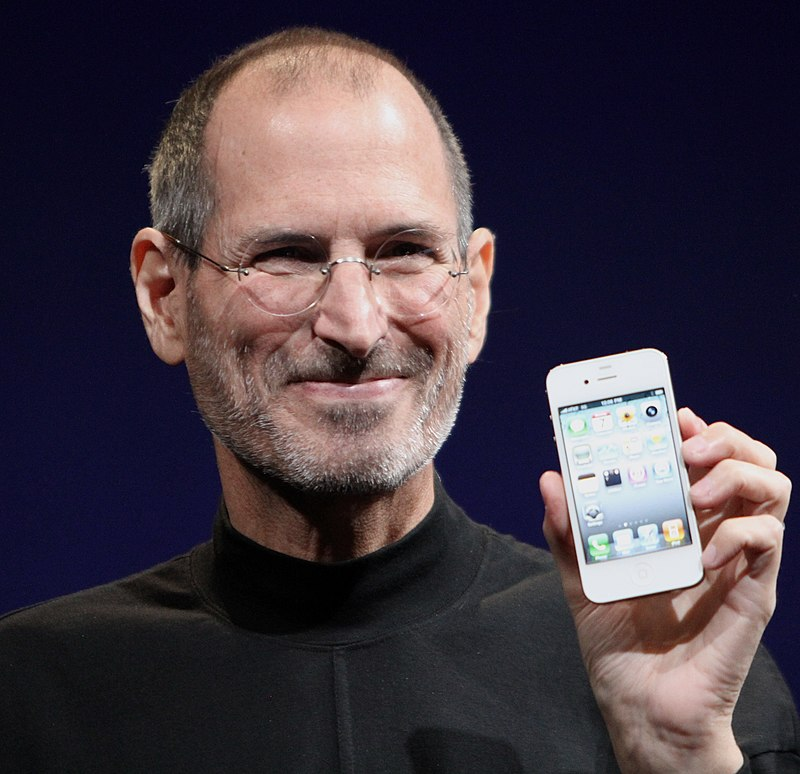
7. Steve Jobs: The Visionary Who Made Technology Personal
Steve Jobs didn’t build just products; he built experiences. From the Macintosh down to the iPhone, he showed the world how paying attention to simplicity and grace, focusing on the needs of users, can rewrite how people use technology. As he firmly believed, “It’s not the customer’s job to know what they want,” and the risks he took brought innovations that people did not know they needed until they held them. His work blurred the line between technology and art, and his early insights into the potential of AI now echo in the digital assistants and personalized devices of today.
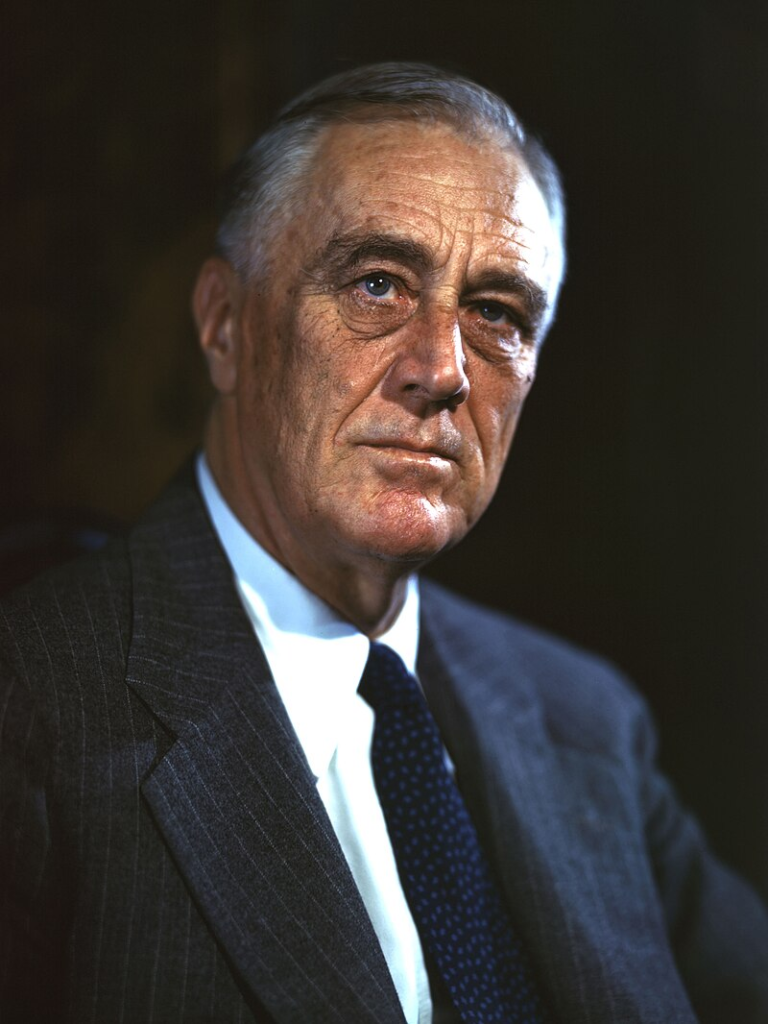
8. Franklin D. Roosevelt: Leading Through
Depression and War Elected four times, Franklin D. Roosevelt transformed the role of the federal government. His New Deal policies supplied relief, recovery, and reform to the country during the Great Depression, further enacting protective legislation for labor rights and founding Social Security. As World War II loomed, he became “Dr. Win the War,” marshaling the nation’s resources and crafting the alliances that would shape the postwar world. Through his fireside chats, he forged a direct connection with Americans, redefining the presidency as both a policy engine and reassurance in crisis.
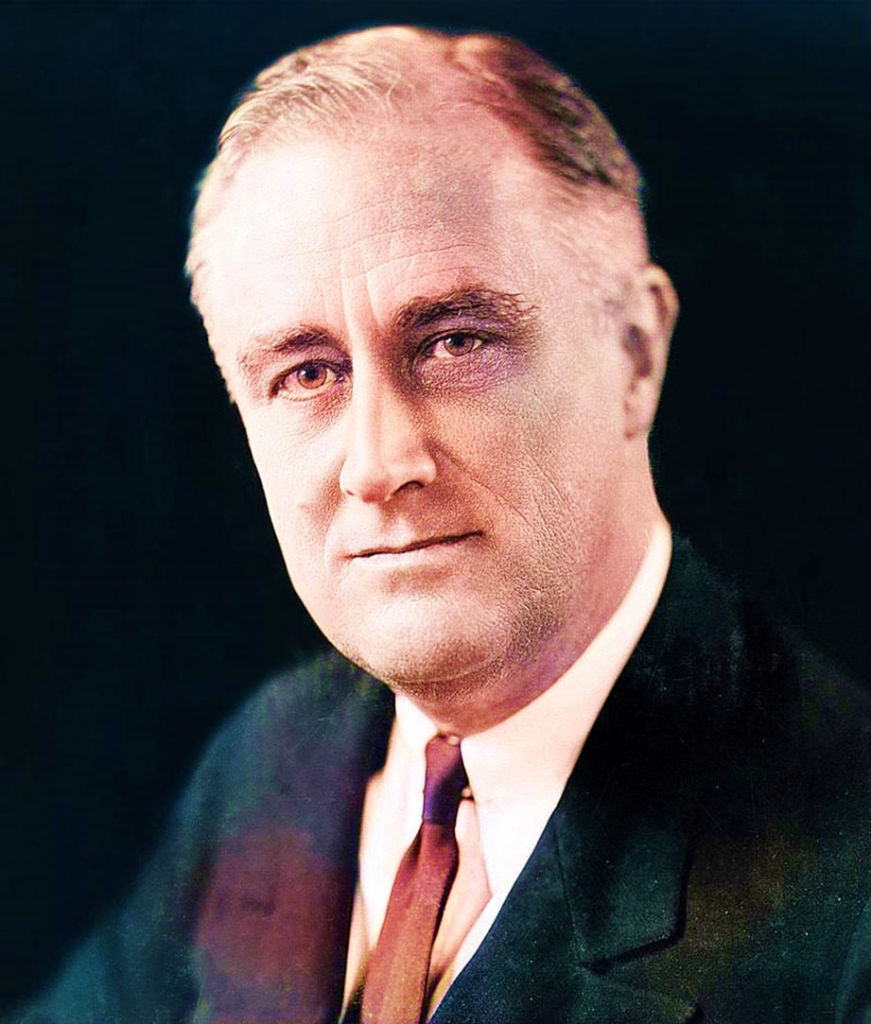
These eight figures are not the only ones to have left an indelible mark on American history, but each personifies one or another aspect of the characteristic features of the United States-its struggle for freedom, drive to innovate, and dream big. The legacies remain as a call that building the future requires vision and action, and any unfinished work in the creation of an America just, creative, and resilient is never complete.


